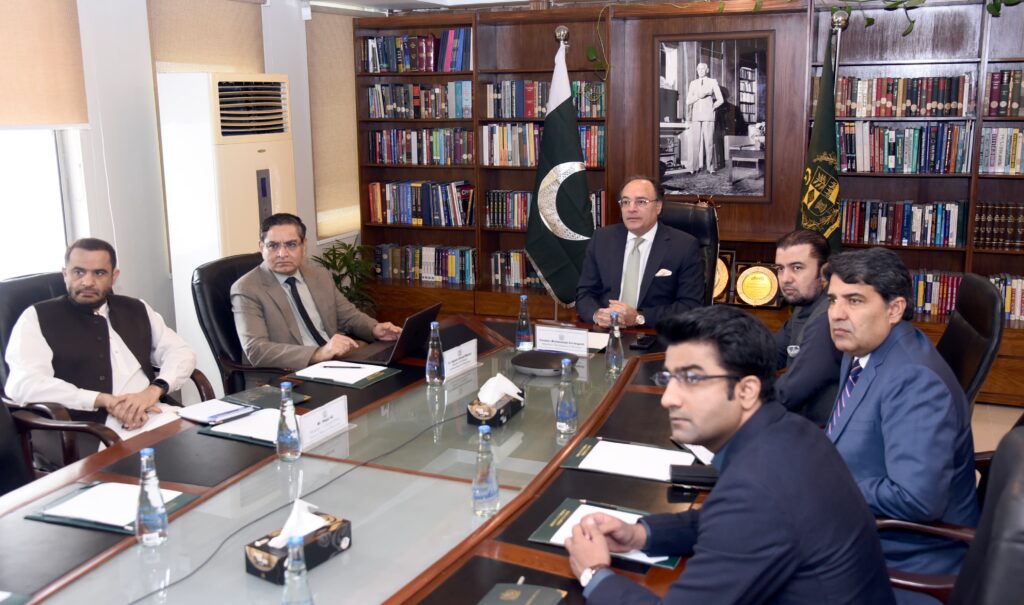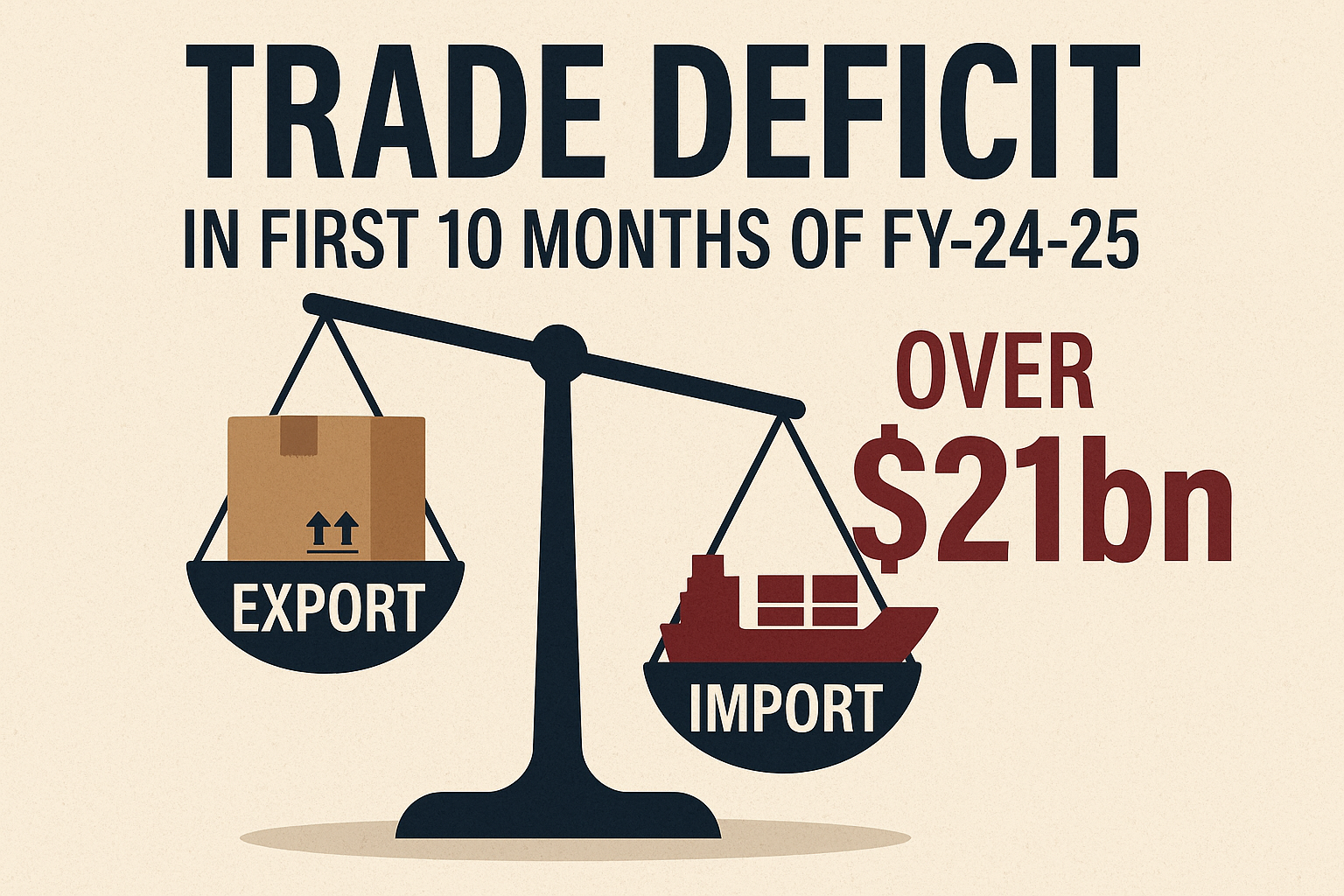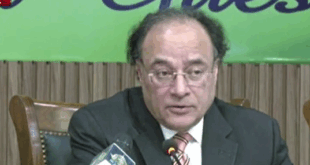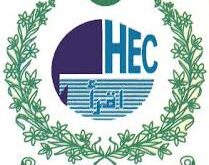
Federal Minister for Finance and Revenue, Senator Muhammad Aurangzeb, reaffirmed Pakistan’s strong commitment to macroeconomic stability, structural reforms, and investor confidence.
The finance minister said this during the two high-level Zoom meetings held on Friday — one with the Overseas Investors Chamber of Commerce & Industry (OICCI) and the other with representatives of Standard & Poor’s (S&P) Global Ratings, as part of the ongoing Pakistan Sovereign Ratings Review.
During the session with S&P, the finance minister presented a comprehensive overview of Pakistan’s reform-driven economic strategy. Highlighting the achievement of primary and current account surpluses, declining inflation, and the effective containment of the current account deficit (CAD) as key indicators of improving macroeconomic fundamentals, said Senator Aurangzeb adding that that foreign exchange reserves are projected to reach $14 billion by the end of June, supported by strong remittances, trade inflows, and easing global oil prices.
The Minister credited strict financial discipline and enhanced federal-provincial coordination for fiscal improvements and emphasized that recent reforms — such as the signing of the National Fiscal Pact, operationalization of the National Tax Council, and implementation of agricultural income tax — reflect a unified national approach to resource mobilization and inclusive growth.
He also projected the tax-to-GDP ratio to reach 10.6% by June, marking progress toward the government’s target of 13% under the IMF’s Extended Fund Facility (EFF). The recent separation of the Tax Policy Office from the Federal Board of Revenue (FBR) was underscored as a key step toward aligning tax policy with broader economic priorities.
In his meeting with OICCI members, Senator Aurangzeb reaffirmed the government’s commitment to private sector-led growth and inclusive development. He outlined Pakistan’s broader macroeconomic reform agenda, focusing on structural reforms in taxation, energy, public finance, and state-owned enterprises (SOEs), aimed at enhancing efficiency, transparency, and accountability.
The finance minister acknowledged OICCI’s valuable contributions and assured that their recommendations would be considered in the upcoming budget. OICCI representatives welcomed the government’s focus on investor confidence, applauded its engagement with international partners, and noted signs of improving business sentiment, as reflected in their Business Confidence Survey.
The Minister also briefed both forums on the outcomes of his recent visit to the United States for the IMF/World Bank Spring Meetings, during which he held over 70 engagements with global financial institutions, investors, and partners. He reported widespread appreciation for Pakistan’s reform momentum and macroeconomic progress, with global stakeholders encouraging the country to stay the course and deepen its reform agenda.
Both meetings underscored the importance of continuity, institutional engagement, and global collaboration in sustaining economic stability and long-term growth.
 BeNewz
BeNewz




